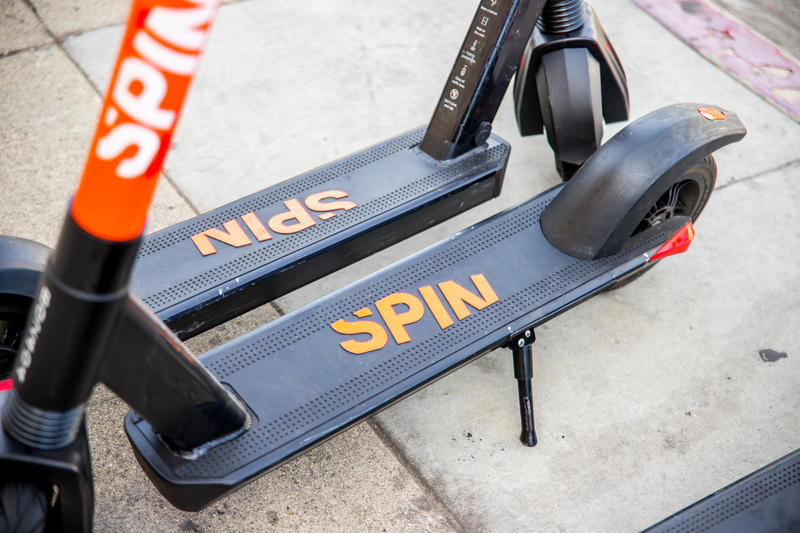
The Oakland Department of Transportation (OakDoT) has distributed 500 pre-paid debit cards, each with $150 available so residents can buy passes for transit, bike-share and electric scooters.
The Californian city's move is part of the Universal Basic Mobility pilot, an initiative that seeks to increase walking, cycling, public transit and shared mobility trips in East Oakland while reducing drive-alone private vehicle trips.
A second disbursement of $150 will be loaded onto the cards after recipients complete a survey.
OakDoT will evaluate survey responses and anonymous pre-paid card data to better understand how trips can be equitably shifted from private vehicles to sustainable modes of transport. The pilot programme could be expanded to the whole of Oakland.
Oakland mayor Libby Schaaf says: “Poverty is not a personal failure – it’s a policy failure. We must continue to tackle these issues aggressively to improve outcomes for our most vulnerable neighbours. Oakland is a place where our drive to innovate with our public services matches with our community values, and I’m so proud that OakDoT is proving the value of that pairing once again with this pilot effort.”
The Alameda County Transportation Commission (Alameda CTC) has funded the pilot with a $243,000 grant.
Alameda CTC executive director Tess Lengyel says: “Advancing sustainable transportation options and reducing financial barriers to mobility in historically underserved communities is a priority for Alameda CTC and we look forward to working with OakDoT as they implement the pilot.”
OakDoT director Ryan Russo says: "The Universal Basic Mobility Pilot leverages the tremendous investment in the East Bay's first bus rapid transit (BRT) line by making rides on public transit, bike-share, and e-scooters available at no cost to participants. Eliminating financial obstacles to mobility is critical to supporting the needs of East Oaklanders who most struggle with the twin costs of housing and transportation."
Earlier this year, more than 1,000 applicants expressed interest in participating in the programme, and a representative sample of 500 recipients were randomly selected. Applicants who were not chosen to receive a card are on a waiting list and will be contacted first if the programme receives long-term funding.











